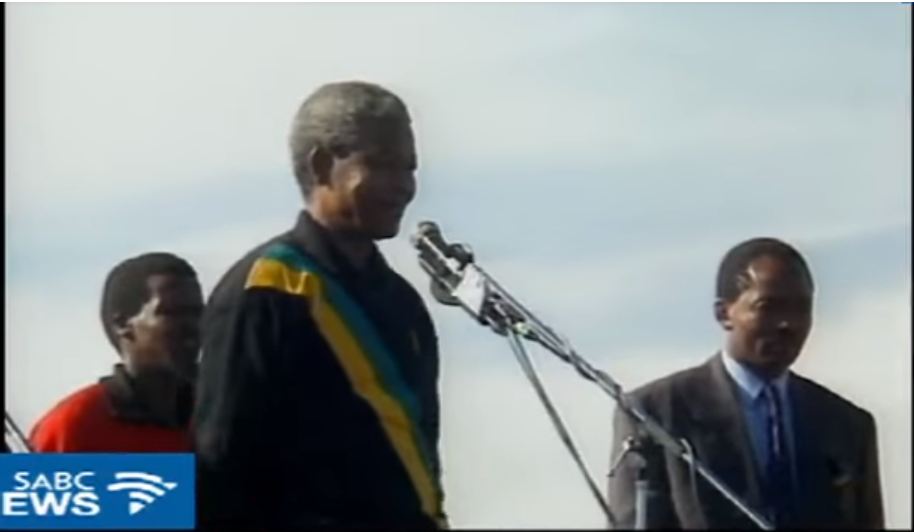South Africa has marked May Day since the beginning of the Twentieth Century, but observing Workers’ Day as a holiday is as young the country’s democracy.
SABC’s Nthakoana Ngatane explores how segregation also found its way into this all important day.
An 8-hour working day is not just a norm but a requirement for many workers. But it hasn’t always been like this, and for South Africa’s young democracy celebrating Workers Day, wasn’t always allowed.
In the 1800s the Federation of Organised Trade and Labour Unions in the United States of America and Canada resolved that eight hours should constitute a legal day’s labour. The day would begin on 1 May, 1886.
This changed after thousands of African workers organised their own May Day in 1928. This march dwarfed the small Labour Party’s gathering of white workers only.
On May Day in 1950, when the Communist Party of South Africa called for a strike to protest the Suppression of Communism Act, 18 people were killed in Soweto.
The African National Congress took over the planning for the day, and then called for a ‘Day of Mourning’ for those who died in the May Day strike. In 1985, 33 unions met at the University of Natal and the Congress of South African Trade Unions – Cosatu was officially established on 1 December, 1985.
On the 100th anniversary of May Day in 1986, Cosatu demanded that May Day be recognised as a public holiday in South Africa- and called for a stay-away.
Over the years South Africa’s workers declared the day their public holiday and stayed away from work.
At the height of tensions leading to the first democratic elections – Nelson Mandela addressed May Day Celebrations in Kimberly in 1991.
A year after the 1994 elections, South Africa declared May Day a Public Holiday for the first time in 1995.
President Mandela addressed the celebrations for the last time before he stepped down in 1998. His successor would continue the tradition as part of recognition of the role played by Trade Unions, the Communist Party and other labour movements in the struggle against Apartheid.
President Kgalema Motlanthe’s May Day coincided with the election of his successor President Jacob Zuma who addressed May Day 2009 as President Elect.
In 2017 May Day highlighted workers’ power in the politics of the country and became a catalyst in the changing of the guard at Luthuli House and the Union Buildings.
This year Matamela Cyril Ramaphosa will address May Day as the President of the Republic.
Author
-
Multimedia Manager at SABC News · Wits - University of the Witwatersrand


